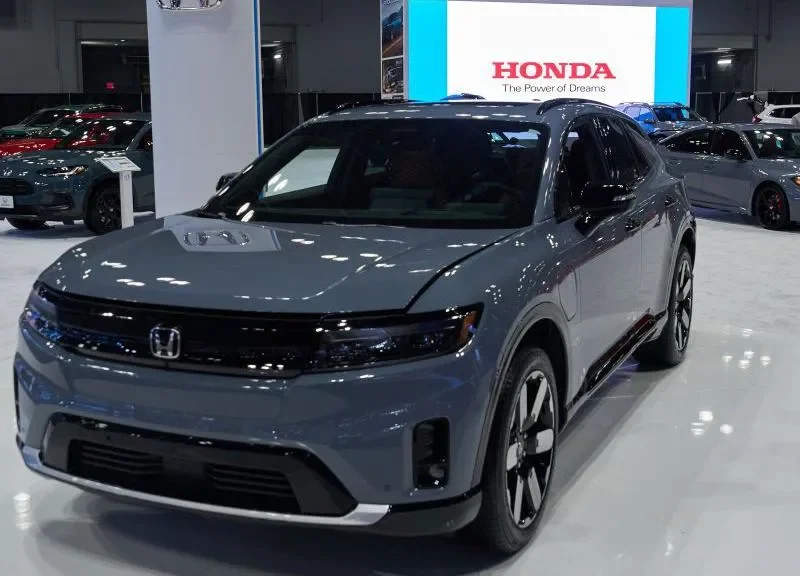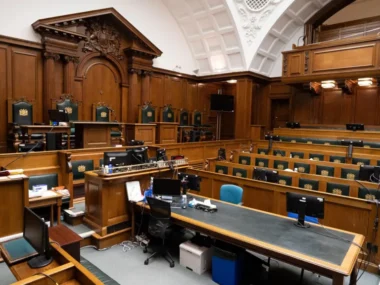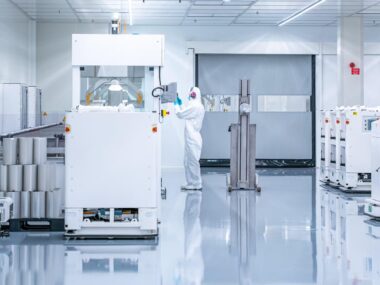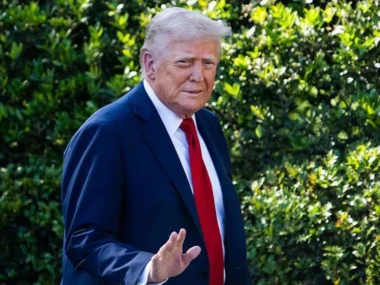Discussions of a merger between Honda and Nissan have fallen apart after the companies could not reach an agreement on a multi-billion-dollar partnership.
The Japanese automakers, along with their smaller partner Mitsubishi, had planned to merge in order to better compete with rivals, particularly in the Chinese market.
The proposed merger was expected to form a $60bn auto group, making it the world’s fourth-largest by vehicle sales, trailing only Toyota, Volkswagen, and Hyundai.
The companies announced they would continue to collaborate on electric vehicles. Analyst Karl Brauer from iSeeCars.com noted that the merger’s failure was not entirely unexpected.
“Many automotive mergers have not succeeded, and this one had as much potential to fail as to benefit both brands,” he said.
The merger was seen as a way to help Nissan, which had been struggling with declining sales and leadership issues following the arrest of its former CEO Carlos Ghosn in late 2018.
Ghosn was ousted over alleged financial misconduct, which he denies, and later fled to Lebanon after being smuggled out of Japan.
Nissan had announced cost-reduction measures, including laying off 9,000 employees globally and slashing the current CEO’s salary.
Honda’s CEO, Toshihiro Mibe, stated that any merger would depend on Nissan completing its turnaround efforts.
The companies ultimately disagreed on Nissan’s role in the merger, whether as an equal partner or a subsidiary.
Jesper Koll, from Monex Group, explained that in Japan, there is significant pressure to present the merger as a partnership of equals. “It would be almost offensive to have one party take the lead,” he added.
Koll also suggested Honda might have been at a disadvantage, saying: “You’re taking a strong company and burdening it with the need to rescue a struggling one.”
Both Honda and Nissan are facing challenges in the U.S. market, with potential tariffs affecting their sales.
The growing dominance of Chinese electric car manufacturers, like BYD, has further intensified competition for global automakers.
Before announcing the merger talks, in March of the previous year, Nissan and Honda had already agreed to explore a strategic partnership focused on electric vehicles.
Honda’s CEO, Toshihiro Mibe, emphasized the urgency of building capabilities to compete with emerging forces in the market by 2030. “If we don’t, we will be left behind,” he said, referring to the Chinese competition.
What comes next?
Without the potential for a Honda merger to alleviate its challenges, Nissan faces an uncertain future.
However, a potential influential investor has emerged: Taiwan’s Foxconn, which manufactures most of the world’s advanced computer chips, has expressed interest in purchasing Nissan shares for “cooperation.”
Foxconn’s chairman, Young Liu, stated that the company is interested in working with Renault, the French automaker that holds a 36% stake in Nissan after rescuing it from near bankruptcy in 1999.
Renault commented on the collapse of the Honda-Nissan merger, deeming the proposed terms “unacceptable.”
Analyst Karl Brauer noted that any future deal for Nissan will require leadership capable of identifying and executing synergies between the companies, as well as navigating the political and cultural hurdles.











